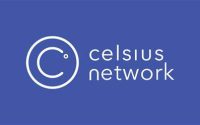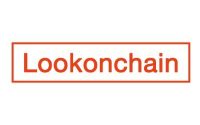MakerDAO Proposes $750m Additional Investment In US Bonds
MakerDAO, a decentralized money market and one of the first DeFi platforms, is considering investing $750 million in US Treasury bonds to take advantage of the current yield environment. If approved, the proposal will increase the ceiling to $1.25 billion, adding to the $500 million approved in October.
MakerDAO is considering investing $750 million in US Treasury bonds to take advantage of the current yield environmenthttps://t.co/sc3YSGqdID
— crypto.news (@itscrypto_news) March 8, 2023
Reduce Counterparty Risk
The DAO intends to use a ladder strategy with a biweekly rollover to invest in six-month US Treasury bonds. The notes will have maturities that are equally split over the entire period, with the flexibility to move to a more complex or different ladder scheme if needed.
The motivation for the proposal is to generate additional revenue on Maker’s PSM Assets, with the ability to accommodate material adjustments and upgrades as required under prevailing, relevant Maker RWA-related policies. Given the current market turmoil, the move could help Maker reduce counterparty and credit risk.
DeFi Community Criticism
MakerDAO has been in the news before when it allocated $500 million in Treasury and corporate bonds, with detractors saying it didn’t conform to the spirit of decentralization. ShapeShift founder Erik Voorhees was among those who criticized the decision.
Despite criticism, Maker remains one of the most powerful entities in the DeFi space, with a total value locked (TVL) of $6.94 billion as of Mar. 8, making it the second largest DeFi protocol by TVL after Lido Finance.
Legal Defense Fund
Last month, the MakerDAO community set aside 5 million DAI for a legal defense fund to cover aspects of legal defense that traditional insurance wouldn’t cover. It also announced an Aave competitor called Spark Protocol, which will leverage DAI for liquidity and provide a lending product as its first offering. Recently, it sparked discussions for a proposal allowing DAI to borrow from MKR tokens.
This new proposal by MakerDAO to invest $750 million in US Treasury bonds has the potential to further increase its TVL and generate additional revenue. However, it remains to be seen whether the proposal will receive any pushback from the community or detractors who may again question the platform’s adherence to decentralization.



